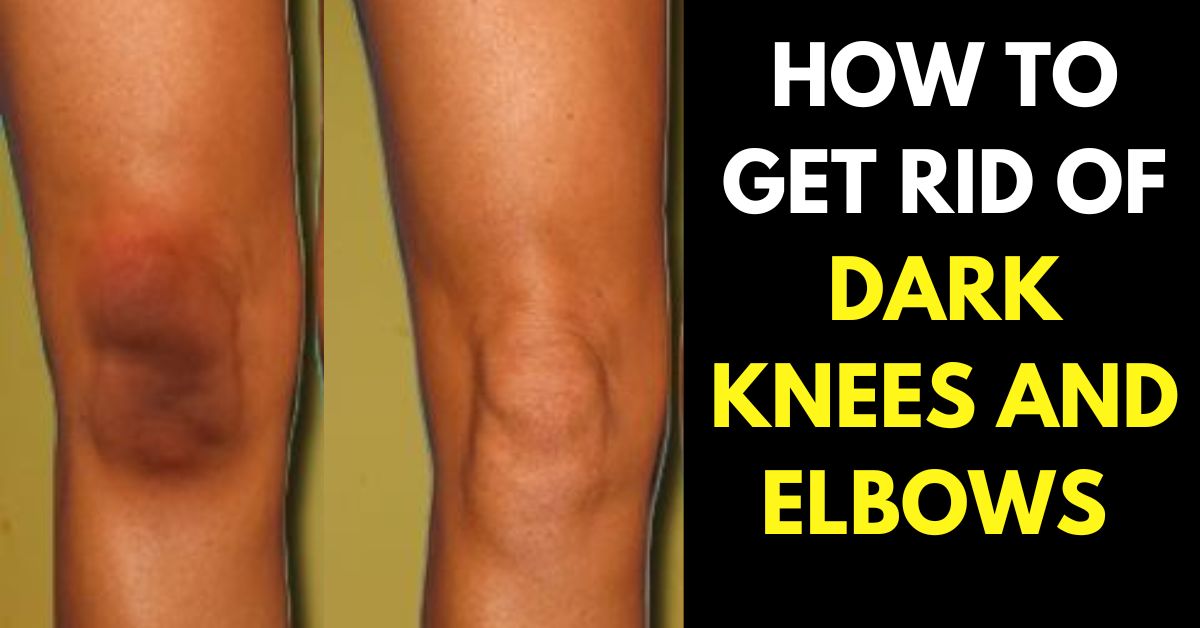Skincare is something we all know is important. Yet in reality, it can be easy to put off due to a lack of knowledge, time, or just plain laziness.
Whether you’re looking for a new skincare product to add to your skincare routine or want advice on how to better take care of your skin, we’ve got you covered. Here, we’ve rounded up 50 skincare tips from top dermatologists, estheticians, and beauty experts. From choosing the right facial cleanser for your skin type to learning how to make DIY face masks, there’s something here for everyone.
Keep reading for the best skin care tips out there
Know Your Skin Type
In order to know how to care for your skin, you need to know what type of skin you have. There are five basic types of skin: normal, dry, oily, combination, and sensitive.
So, we’ve rounded up the best tips for caring for your particular skin type:
Dry Skin
If you have dry skin, you’ll want to keep it moisturized. Hydrating will not only help keep your skin feeling soft and supple but also prevent fine lines and wrinkles from forming. Try a hydrating cleanser like Cetaphil Gentle Skin Cleanser or Neutrogena Hydro Boost Hydrating Gel Cleanser.
Apply moisturizer as soon as you step out of the shower to help the skin lock in hydration. (Try Dove DermaSeries Dry Skin Relief Replenishing Body Lotion)
Look for ceramides in your moisturizer as well to boost hydration. Ceramides are lipids (fats) that keep skin protected and prevent moisture loss.
Formulyst’s ultra-hydrating Active Serum is formulated with an impressive four types of ceramides along with hyaluronic acid, which helps hydrate and plump skin.
Oily Skin
If you have oily skin, you’re probably all too familiar with shine — especially if it’s in your T-zone. The key to fighting oily skin is keeping it clean and exfoliated. That doesn’t mean you should be washing your face every hour on the hour over-washing can increase oil production
Make sure you cleanse your face at least twice daily.
Look for a cleanser labeled “oil-free” or “noncomedogenic,” which means it shouldn’t clog pores. Use a toner after cleansing, and apply an oil-free moisturizer every morning and night.
You may want to use products labeled for oily skin, but in most cases, there’s no need for special products unless you also have acne. If your skin is very oily, though, you might want to look for products that contain benzoyl peroxide or salicylic acid.
Sensitive Skin
Avoid products with dyes and fragrances which can cause redness and irritation. Keep your skincare routine simple with gentle products that don’t irritate your skin (Try Neutrogena Ultra Gentle Daily Cleanser)
Use only hypoallergenic products that are clinically proven to be gentle on sensitive skin.
Normal skin
If your skin feels tight after washing, it’s probably dry or normal. In general, people with normal skin don’t break out or get oily very often. Use a gentle cleanser every day and a moisturizer as needed (at least once per day).
People with normal skin should also wear sunscreen anytime they go outside.
Combination skin
For combination skin, try using an alcohol-free toner on your T-zone to remove excess oil and a moisturizer on dry areas. Wash your face in the morning and at night with a gentle cleanser.
Skin Care Tips and Tricks: Your Guide to Beautiful Skin
Here are the basic steps for skincare:
Cleanse
Wash your face (and body if you shower in the morning) with a gentle cleanser and lukewarm water to remove any sweat, sebum, or impurities from overnight.
Invest in a good cleanser
A good cleanser is essential for healthy skin; it helps remove dirt, makeup, and pollution without stripping the skin’s natural oils or drying it out.
Choose one that suits your skin type (dry, combination, or oily) and ideally has a low pH level of around 5 to 6 so it won’t strip the acid mantle from your skin’s surface.
Tone
After cleansing, use a toner to remove any lingering impurities and restore the natural pH of your skin. (Note: Some people prefer to use their toner before cleansing as it can help remove makeup and other impurities.)
Exfoliate
Exfoliating is an important step in your routine as it helps remove dead skin cells, allowing products like moisturizers and serum to fully absorb into the skin. Just make sure that you’re exfoliating no more than three times a week—any more than that and you’ll risk irritating your complexion.
Serum/treatment
Serums contain potent active ingredients that can target specific concerns such as aging, dark spots, or dryness. Apply a few drops on your fingertips and gently pat onto your face until absorbed.
Eye cream
The skin around our eyes is incredibly thin and sensitive so it requires special care; applying eye cream can help reduce the appearance of fine lines, puffiness, and dark circles.
Don’t use too many products
Your skin doesn’t need 15 cleansers and lotions. Stick with a few products that work well for your face — too many and you can risk clogging your pores, which can lead to breakouts.
A good rule of thumb is to always start with the mildest cleanser or soap you can find. This helps to avoid irritating your skin, causing redness and dryness, which will make you look older than you really are.
Greens on your menu
You’ve probably heard that fruits and vegetables are critical to good health. The antioxidants in these foods help combat free radicals, which can lead to wrinkles and uneven texture.
A diet rich in fruits and vegetables can provide your skin with many benefits, but it’s also important to wash your face each day with a cleanser containing green tea extract.
Don’t touch your face
Touching your face transfers dirt and bacteria from your hands to your face which will clog pores, causing breakouts or blackheads, and lead to premature aging.
Scratching or popping pimples can lead to scarring, which takes a long time to heal.
Don’t smoke
Smoking ages your skin by breaking down the collagen and elastin that keep it firm. Smoking also damages the blood vessels in the face, making them more visible on the surface of the skin.
Moisturize both day and night
This is one of the most important skincare tips! On top of keeping your face moisturized, it also helps to keep your skin looking young and healthy.
The best night cream contains retinol which is essential for repairing sun damage and preventing wrinkles.
During the day, apply a product with SPF 30 or higher to protect your skin from harmful UV rays that cause sunspots and wrinkles.
Avoid exposure to sunlight
Ultraviolet (UV) radiation from the sun contributes to premature aging, wrinkles, and skin cancer. Limit time in the sun, especially between 10 a.m. and 4 p.m., and wear protective clothing, such as a long-sleeved shirt, pants, a wide-brimmed hat, and sunglasses, when possible.
If you’re going to be outside during peak hours, use a broad-spectrum sunscreen with an SPF of at least 30 on any exposed skin — even on cloudy days.
Eat a healthy diet
Eating plenty of fruits, vegetables, and whole grains promotes healthy skin. Choose foods rich in vitamins C and E — such as oranges, red peppers, and nuts — for younger-looking skin.
Clean makeup brushes regularly
Makeup brushes can be breeding grounds for bacteria, so it’s important to get into the habit of washing them once a week. You can use a gentle shampoo or even baby shampoo to clean them, but if you have sensitive skin, opt for a cleanser specifically made for makeup brushes.
Vitamins are a must for your skin
By now, you might have heard that vitamins are essential for good health, including the health of your skin. But did you know that you can apply vitamins directly to your face?
Vitamin D and C are one of the best vitamins for healthy skin. It helps with collagen production, provides antioxidant protection, and reduces inflammation.
Drink a lot of water
Your skin is an organ just like the heart and liver. It needs water to function properly. When your skin doesn’t get the water it needs, it will show on your face.
Drinking water hydrates your body and therefore hydrates your skin. The amount of water you should be drinking is relative to your weight.
Avoid hot water
Hot showers feel great but they’re not good for your skin. Hot water strips the oils from your skin causing it to dry out even more than it already is in the winter. Cold showers are out of the question during winter, so try using lukewarm water instead when you bathe or shower.
Massage makes your skin healthy
Giving a massage to your face for about ten minutes daily will keep it glowing and healthy. You can use olive oil or coconut oil to massage your facial skin.
Besides improving blood circulation, a good facial massage also helps to reduce stress and relax the mind.
Wear sunscreen
The number one most important thing you can do for your skin is to wear sunscreen every day. Sunscreen not only prevents premature aging and wrinkles but also protects against skin cancer.
Make sure you’re wearing a broad-spectrum sunblock with an SPF of at least 30.
Sleep well
Not catching enough Zzzs? You may start to notice dark circles under your eyes and a dull complexion. Sleeping is essential for cell regeneration, which means that when you don’t get enough sleep, your skin doesn’t have time to repair itself from the damage it encountered during the day.
Shoot for at least 8 hours of sleep per night to keep your skin looking healthy and fresh.
Simplify your skincare routine
Just because you have more than one product doesn’t mean your skin will be healthier if you use them all. In fact, too many products can irritate your skin and lead to breakouts or rashes.
When in doubt, choose products specifically designed for sensitive skin and use only one product at a time so you can evaluate its effect on your complexion without interference from other products that may contain different ingredients.
Exfoliate a couple of times per week
Exfoliation removes dead skin cells from the surface of the skin, which makes way for new cell growth underneath. Plus, exfoliation helps even out the texture of your skin so that foundation applies more evenly.
Final Words
Maintaining clean and healthy skin is much easier than you might think. It doesn’t require anything too drastic… You just have to remember to eat plenty of fruits and vegetables, drink lots of water, and keep your face clean and free from any harmful substances or bad habits.
And in the end, when you spend less time treating acne problems and more time doing things you enjoy, it’s really not so bad after all.




